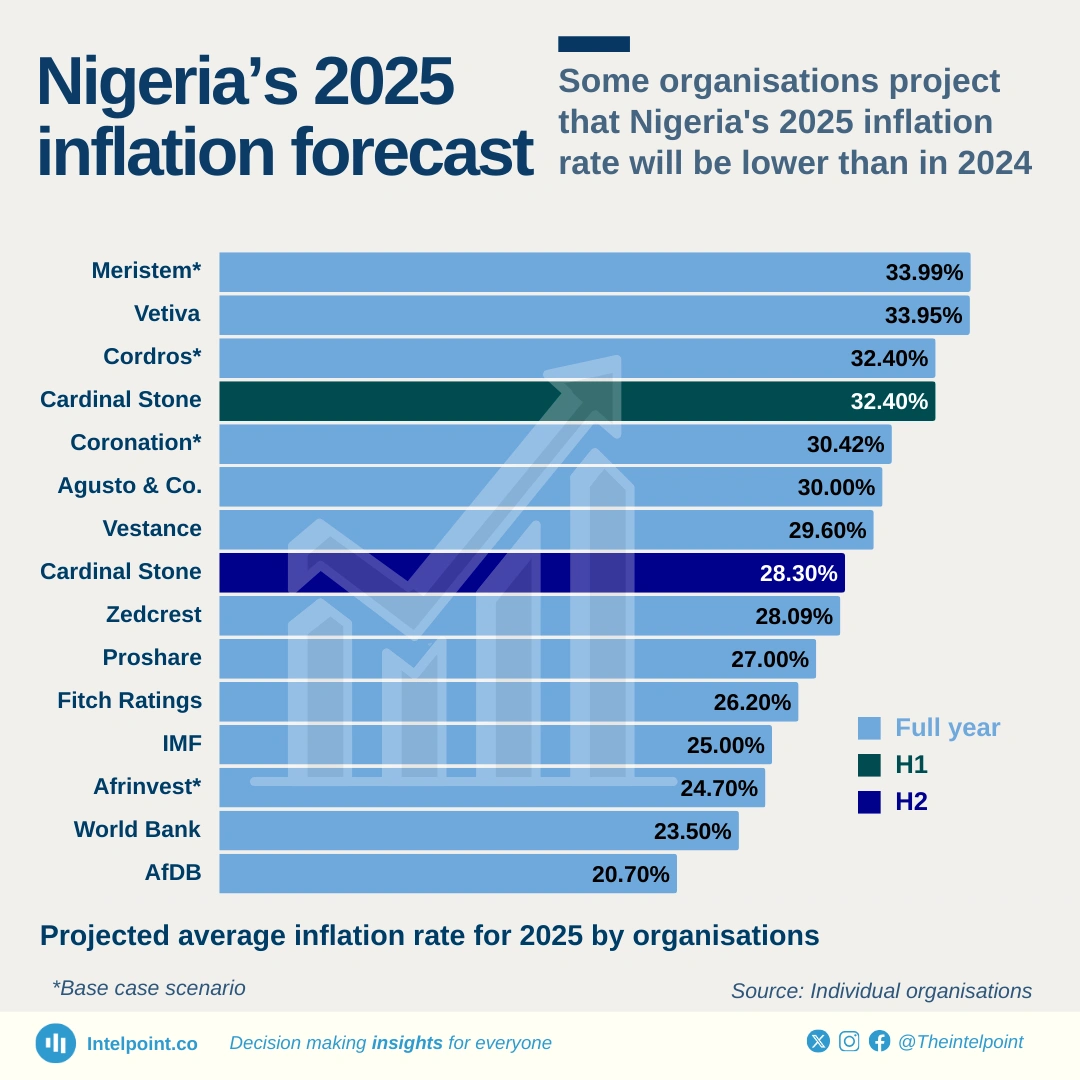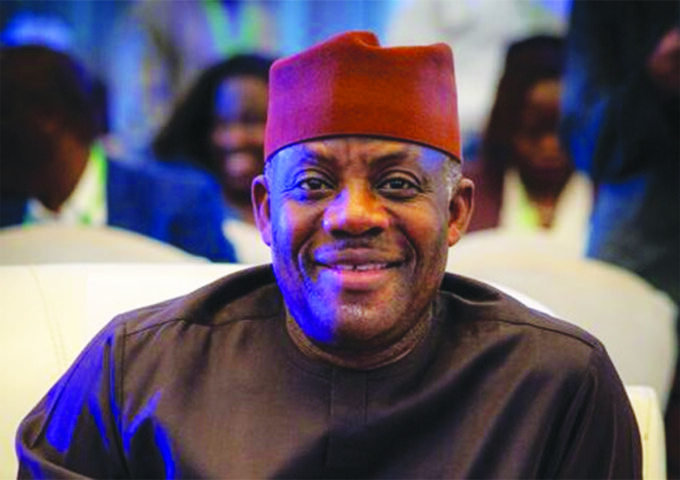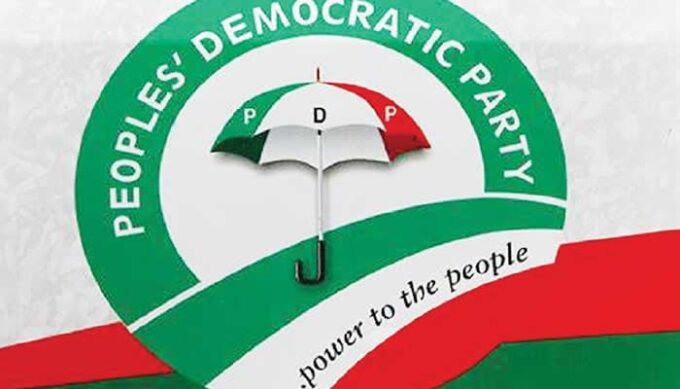From Adanna Nnamani, Abuja
The World Bank has forecasted Nigeria’s inflation rate to average 22.1% in 2025, a decline attributed to the Central Bank of Nigeria’s (CBN) stringent monetary policies aimed at stabilising prices and anchoring inflation expectations.
The projection was announced in a statement on Monday, May 12, coinciding with the launch of the latest Nigeria Development Update (NDU) report in Abuja.
Titled “Building Momentum for Inclusive Growth”, the biannual report assesses Nigeria’s economic trends and policy responses, emphasising priorities for sustaining reforms and fostering inclusive growth. Despite improvements in macroeconomic indicators, inflation remains a pressing challenge.
“The report further adds that inflation has remained high and sticky but is expected to fall to an annual average of 22.1 percent in 2025, as a sustained tight stance firmly establishes monetary policy credibility and dampens inflationary expectations,” the statement read.
The World Bank identified drivers of recent high inflation, including petrol subsidy removal, exchange rate unification, rising logistics and energy costs, and recurrent food supply disruptions.
However, the CBN’s monetary tightening, including raising the Monetary Policy Rate to 27.5% by November 2024, is showing early signs of slowing inflation momentum.
Nigeria’s economy grew by 4.6% year-on-year in Q4 2024, achieving a full-year growth of 3.4%, the strongest since 2014, excluding post-COVID rebounds. Fiscal consolidation also progressed, with the fiscal deficit narrowing from 5.4% of GDP in 2023 to 3.0% in 2024, supported by a revenue surge from N16.8 trillion (7.2% of GDP) to N31.9 trillion (11.5% of GDP).
Acting World Bank Country Director Taimur Samad spotlighted Nigeria’s opportunity to redirect public spending toward human capital, social protection, and infrastructure. “Nigeria has made impressive strides to restore macroeconomic stability. With the improvement in the fiscal situation, Nigeria now has a historic opportunity to improve the quantity and quality of development spending,” he said.
World Bank Lead Economist Alex Sienaert stressed the need for private sector-led growth to create jobs, noting that sectors like finance and ICT, while strong, are not labour-intensive. “A useful strategy is to position the public sector to play a dual role as a provider of essential public services and as an enabler for the private sector to invest, innovate, and grow the economy,” he stated.
Despite the optimistic projection, recent data from the National Bureau of Statistics (NBS) shows Nigeria’s headline inflation rose to 24.23% in March 2025 from 23.18% in February, indicating persistent price pressures.

















Leave a comment